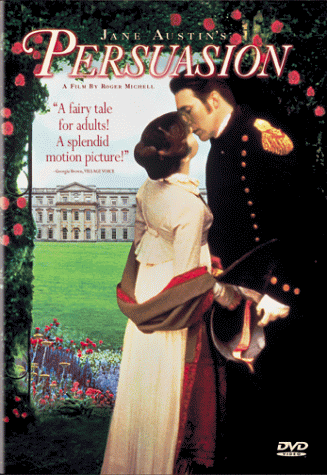Jane Eyre
by
Charlotte Brontë
Early responses to Jane Eyre, first published in 1847, were mixed. Some held the book to be anti-Christian, others were disturbed by a heroine so proud, self-willed, and essentially unfeminine. The modern reader may well have trouble understanding what all the fuss was about. On the surface a fairly conventional Gothic romance (poor orphan governess is hired by rich, brooding Byronic hero-type), Jane Eyre hardly seems the stuff from which revolutions are made. But the story is very much about the nature of human freedom and equality, and if Jane was seen as something of a renegade in nineteenth-century England, it is because her story is that of a woman who struggles for self-definition and determination in a society that too often denies her that right. But self-determination does not mean untrammeled freedom for men or women. Rochester, that thorny masculine beast whom Jane eventually falls for, is a man who sets his own laws and manipulates the lives of those around him; before he can enter into a marriage of equals with Jane he must undergo a spiritual transformation. Should the lesson sound dry, it's not. Jane Eyre is full of drama: fires, storms, attempted murder, and a mad wife conveniently stashed away in the attic. This is very sexy stuff - another reason Victorian critics weren't quite sure what to make of it





